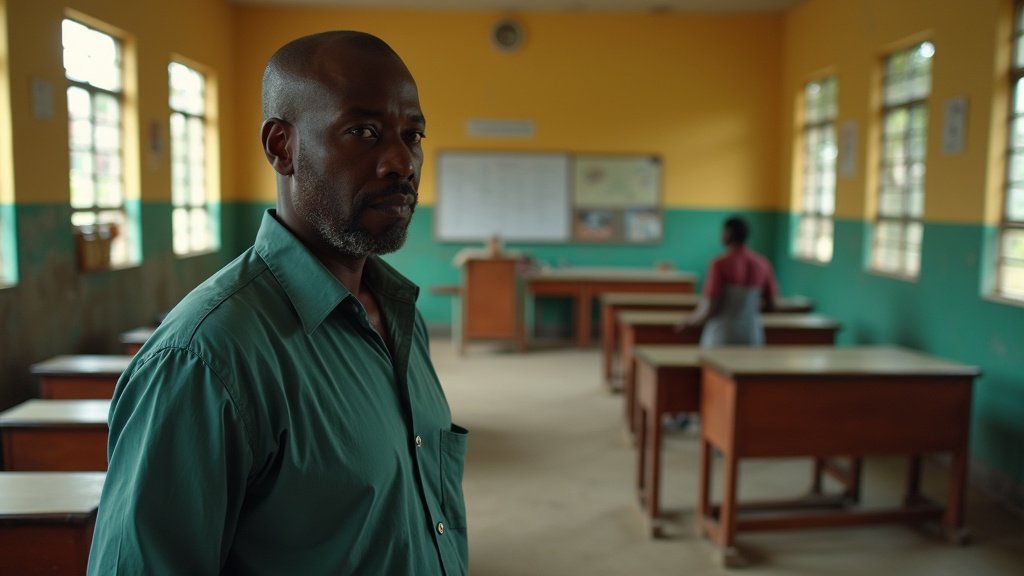As the new academic year dawns in Jamaica, educational institutions are grappling with a complex web of challenges, most notably the overlap with a snap General Election and the persistent effects of the COVID-19 pandemic. School principals, often describing their situation as ‘driving on empty,’ are navigating resource constraints, infrastructure needs, and significant operational hurdles as they prepare to welcome students back.
Election Day Disruption
The general election, held on September 3, 2020, significantly impacted the planned reopening schedule for Jamaican schools. Many public schools across the island served as crucial polling stations, necessitating a shift in the academic calendar. While the Ministry of Education initially aimed for a September 7 reopening, the election date forced a postponement to October 5 for many institutions, disrupting the transition back to learning. This dual demand placed an additional layer of logistical complexity on administrators already stretched thin by pandemic-related preparations. The Electoral Office of Jamaica relied on these facilities, meaning schools had to accommodate the electoral process before resuming their primary educational functions.
The Shadow of COVID-19 and Learning Loss
The ongoing COVID-19 pandemic has fundamentally altered the educational landscape, creating significant learning losses and exacerbating existing inequities. Studies indicate that Jamaican children have lost billions of in-class hours, with vulnerable students who lacked access to remote learning facilities being disproportionately affected. The shift to blended learning models, incorporating online, television, and radio instruction, presented its own set of challenges, including disparities in access to suitable devices and reliable internet. While some households reported satisfaction with distance learning options, a notable percentage expressed hesitation or uncertainty about sending children back to school, reflecting the broader public health concerns.
Stretched Resources and Teacher Strain
Principals are voicing concerns over inadequate budgets, a shortage of teachers, and the urgent need for facility repairs. The financial strain on schools limits their capacity to address essential maintenance, procure necessary learning materials, and adequately support staff. Teacher burnout is also a significant concern, stemming from the increased demands of adapting to new teaching modalities and managing the emotional and academic needs of students affected by the pandemic. Despite these pressures, educators remain committed to their students, with many already undertaking revisions to academic and operational plans to mitigate the impact of these multifaceted crises.
Community Impact and Future Outlook
The challenges faced by Jamaica’s education sector have far-reaching implications for the wider community. The learning crisis threatens to widen the gap between students from different socioeconomic backgrounds, potentially impacting future economic and social mobility. The Ministry of Education, in collaboration with various stakeholders, has been working to address these issues. Efforts include plans for infrastructure upgrades, with increased allocations for school maintenance and the provision of resources like furniture and laboratory equipment. The ministry is also focused on developing a robust learning management system to support ongoing educational delivery. The commitment from the government and education leaders is to fortify the system and ensure that learning continues, even amidst unprecedented adversity. The resilience of the educational community in Jamaica is being tested, but the drive to provide quality education remains a paramount objective for the nation’s future. This ongoing news highlights the critical need for sustained support and strategic investment in Jamaica’s educational infrastructure and personnel to overcome these profound challenges and build a stronger, more equitable future for all students. The successful navigation of these hurdles is vital for the development of the nation and the well-being of its future generations.

